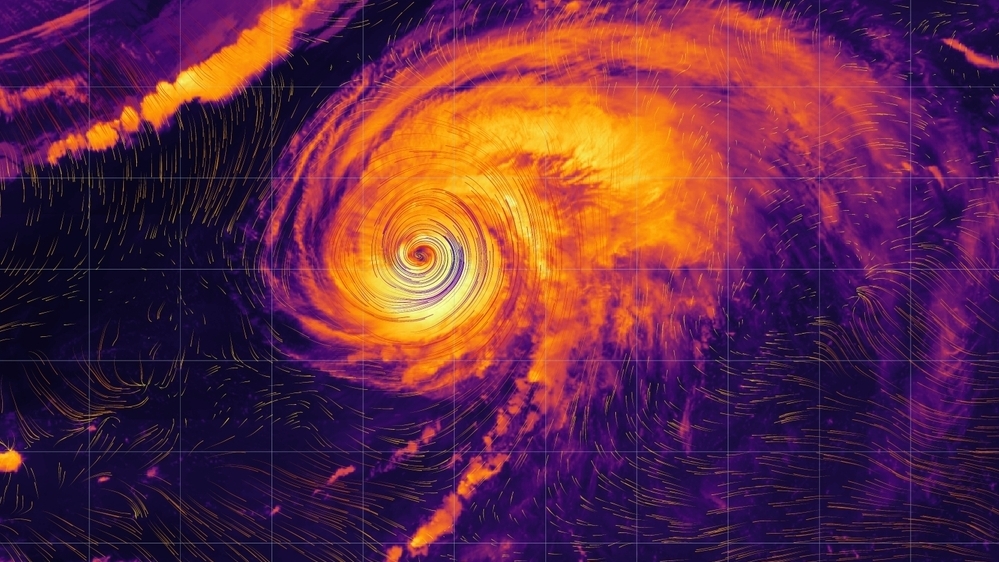The Systematic Observations Financing Facility (SOFF) has launched a $200m impact bond aimed at closing critical weather and climate data gaps in least developed countries (LDCs) and small island nations.
The new vehicle, which has been several years in development, was launched at COP30 in Brazil last week and is now open to contributions. It aims to meet its fundraising target by the end of 2026.
The bond is being developed in partnership with the United Nations Environment Programme (UNEP), the United Nations Development Programme (UNDP), the Systematic Observations Financing Facility (SOFF) and the World Meteorological Organization (WMO).
Unlike traditional bonds, it will not have a conventional credit rating. Instead, it is designed to be issued by a multilateral development bank, such as the World Bank, which holds an AAA rating, although the exact issuer is still to be confirmed. Returns will be linked to achieving independently verifiable outcomes, such as increases in climate and weather data sharing.
“This impact bond will increase internationally shared data five-fold, strengthening the world’s ability to forecast and prepare for extreme weather and climate hazards. Studies show that closing the data gap could generate USD 5 billion in direct annual benefits and unlock USD 160 billion in wider economic gains,” said WMO secretary-general Celeste Saulo.
SOFF is a financing mechanism that supports countries to close basic weather and climate observation gaps. It is funded by 12 Western nations, including Canada, Belgium, Austria, Spain and the United States.
However, the United States has recently been cutting back support for similar initiatives. In early 2025, the Trump administration rescinded $4bn in funding for the UN’s Green Climate Fund. It has also announced a $100m budget cut to the National Oceanic and Atmospheric Administration (NOAA), highlighting the need for bodies such as SOFF to develop alternative funding mechanisms.
